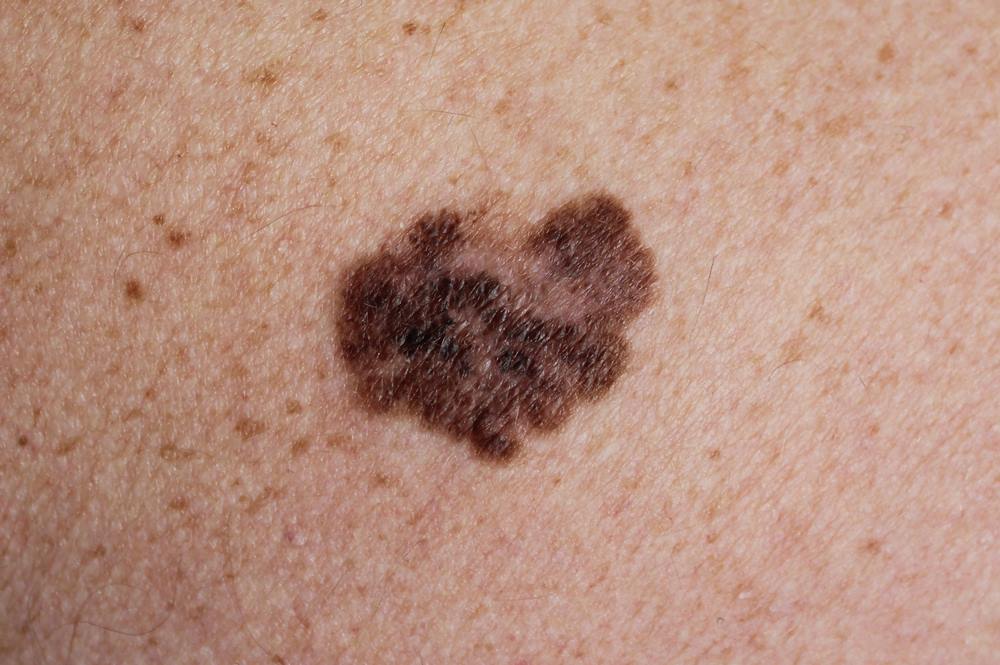Melanoma

Current treatment for melanoma cancer relies on the prognosis and the time of cancer diagnosis. In case of early diagnosis of melanoma, there is removal of melanoma tumor through surgical procedure and if the biopsy results show the spread of malignant cells to lymph nodes, then the combination of treatments is the only option. Immunotherapy for melanoma significantly reduces the size of tumor and uplifts the survival rate quite successfully. There are almost seven immunotherapy treatments for melanoma that the FDA approves. Following is the list of the FDA approved immunotherapy treatments:
Immunomodulators:
- Atezolizumab
Atezolizumab is a checkpoint inhibitor which helps in targeting the PD-L1/PD-1 pathway and patients with melanoma can use it in combination with vemurafenib and cobimetinib.
- Aldesleukin
Aldesleukin is a cytokine that helps in combating the advanced stage of melanoma by targeting the cancer cells on IL-2R/IL-2 pathway.
- Ipilimumab
Ipilimumab is a checkpoint inhibitor which helps in targeting the CTLA-4 pathway and FDA approves this immunotherapy treatment as a first-line therapy for patients with advanced melanoma.
- Interferon alfa-2b
Interferon alfa-2b is a cytokine molecule which combats the IFNAR1/2 pathway and treats the patients with melanoma.
- Pembrolizumab
Pembrolzumab is one of the checkpoint inhibitor classes that combats the PD-L1/PD-1 pathway and can use it for the patients of advanced melanoma as well as in the pre-surgical phase of the patient.
- Nivolumab
Nivolumab is a checkpoint inhibitor that combats the cancer cells on PD-L1/PD-1 pathway and can use it in combination with ipilimumab to better treat the patients with advanced melanoma.
- Peginterferon alfa-2b
- It is a cytokine that kills the cancer cells by working through IFNAR1 pathway and is one of the best treatments for patients with melanoma.
Oncolytic virus therapy:
- T-VEC
T-VEC is a modified form of herpes simplex virus (HSV) that causes infection in tumor cells and then promotes their killing. T-VEC works best for patients with advanced melanoma.
